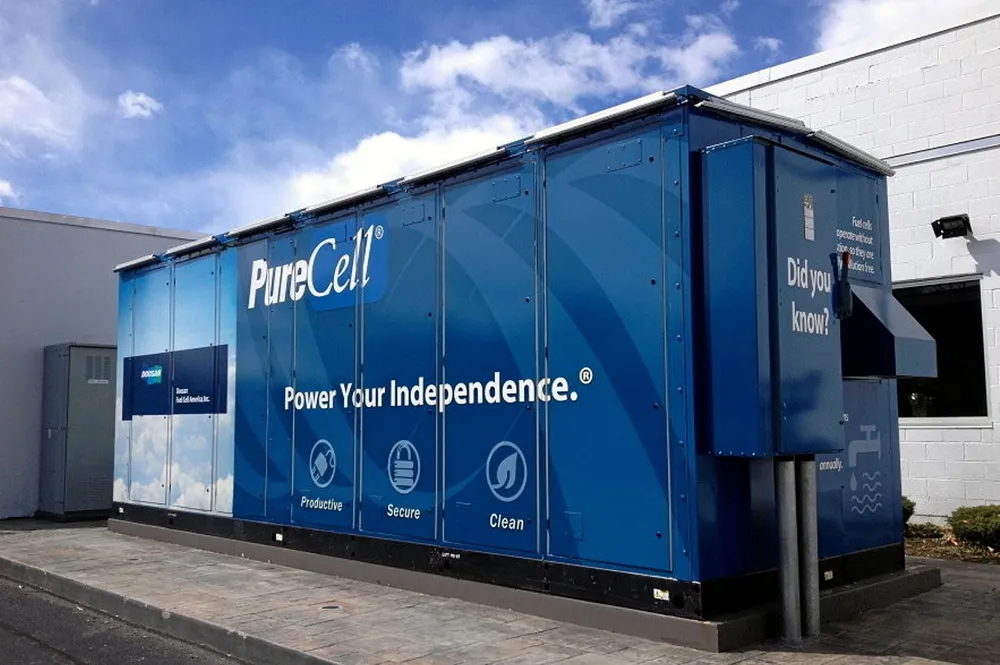South Korea picks first five winners of hydrogen power plant auction, but no requirement to run on clean H2
Around 715GWh of so-called generating capacity running on 'general' hydrogen has been selected from 73 bids

Around 715GWh of so-called generating capacity running on 'general' hydrogen has been selected from 73 bids
